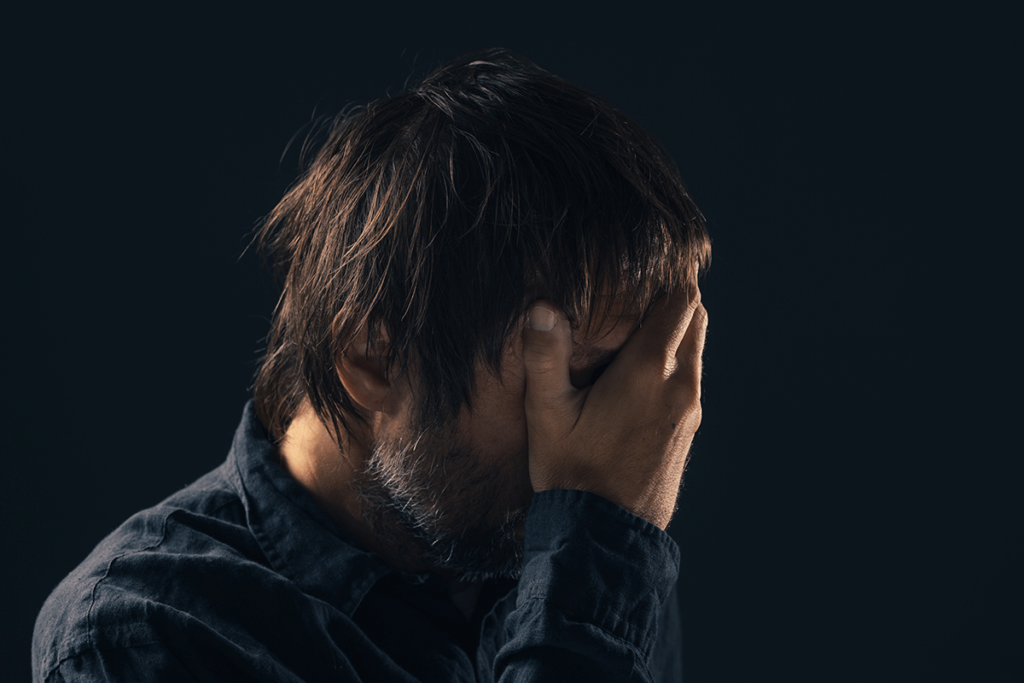People who consume alcohol on a chronic basis can become very sick and go into withdrawal, should they suddenly stop drinking. Many people begin to feel signs of alcohol withdrawal in as little as six to eight hours after having their last drink. Typically, acute withdrawal symptoms are at their most severe one to three days after a person first experiences them and wane around days five to seven, however, some people may have symptoms for weeks. If you or a loved one is struggling with alcohol use, Vertava Health’s alcohol detox center can help. Call us today at 844.470.0410 signs of alcohol withdrawal
Alcoholism and Alcohol Withdrawal Timeline
The timeline of alcohol withdrawal and the symptoms that accompany it can vary from person to person, but generally, after a person’s last drink, the time it takes for symptoms to start is as follows:
Five to ten hours – Tremors or trembling, referred to as “the alcohol shakes,” can begin. These typically peak in one to two days.
Six to eight hours – Minor withdrawal sets in, lasting one to two days for most, though some people may have these symptoms for several days.
Signs of alcohol withdrawal at this stage include:
- Anxiety
- A headache
- Shaking
- Stomach upset
- Sweating
Twenty-four hours or less – Though rare, alcoholic hallucinosis, or hallucinations begin, with symptoms lasting 24 hours to six days. In very limited cases they may last a month or more.
These hallucinations can change the way a person experiences certain things, including:
- Auditory stimulation (sound)
- Tactile stimulation (touch)
- Visual stimulation (sight)
Six to 48 hours – Seizures begin and typically slow down after day three.
Characteristics of withdrawal seizures include:
- A person may have one or two generalized tonic-clonic seizures (grand mal seizures).
- Some people may have up to six seizures in six hours.
- Seizures can indicate a high risk of delirium tremens.
Two to four days – Withdrawal delirium or delirium tremens can start. This state may also begin seven to 10 days after a person has their last drink. Symptoms last up to two weeks and can include general symptoms of alcohol withdrawal. In addition to delirium, or severe confusion that hits quickly, symptoms of DTs are:
- Agitation or irritability
- Hallucinations
- Increased sensitivity to light, sound or touch
- Excitably or bursts of energy
- Fear
- Restlessness or fearfulness
- Seizures
- Sleeping deeply for a day or more
- Stupor
- Sudden mood shifts
- Trouble thinking straight
Four to six weeks – Certain people experience protracted alcohol withdrawal syndrome, or post-acute withdrawal syndrome (PAWS), long after acute withdrawal fades.
Symptoms include:
- Anxiety
- Cravings
- Decreased interest in sex
- Depression
- Fatigue
- Hostility
- Inability to feel pleasure
- Insomnia
- Mood instability
- Pain that can’t be explained
- Poor concentration
- Trouble thinking
Not every person will experience all of these symptoms or these stages of withdrawal. Some people may see symptoms improve after only a few days of withdrawal, whereas other people’s symptoms may get progressively worse to the point of DTs.
Alcoholism and Withdrawal Explained
Alcohol withdrawal occurs when a person is physically dependent on alcohol. In this state, chronic alcohol use has upset the balance of important neurotransmitters or chemicals in a person’s brain so severely that they become sick if they don’t drink.
- Some people will experience withdrawal even when they have a detectable blood alcohol level.
- People who drink large amounts of alcohol on a regular basis experience withdrawal more severely.
- Heavy drinkers can go into withdrawal even if they drastically reduce the amount they drink.
- If a person has had withdrawal before, the odds that they’ll experience it in the future rise.
- People with serious medical concerns may have more intense symptoms.
While alcohol withdrawal happens more frequently in adults, teens and children who drink may face this risk as well.
Help With Treating Alcohol Withdrawal: Medically Supported Detox Programs
Though mild withdrawal may be successfully treated in an outpatient program, moderate to severe cases may be best treated in inpatient medical detox programs. This can be especially true for individuals who have other existing health problems, such as mental health (dual diagnosis) or medical problems.
Inpatient detox programs deliver around-the-clock care that focuses on reducing or alleviating withdrawal symptoms. To achieve this goal, various medications may be used to help a person’s body stabilize and safely adjust to sobriety.Many practitioners consider benzodiazepine drugs as the first line of defense against alcohol withdrawal symptoms, due to their sedative and calming properties. Benzodiazepines that may be used to treat withdrawal include:
- Chlordiazepoxide (Librium)
- Diazepam (Valium)
- Lorazepam (Ativan)
Other medications may be used as needed, such as anticonvulsants, antipsychotics and beta blockers. In severe cases of withdrawal, intravenous therapy may be used to help deliver medications, fluids and nutritional support. Clinicians may deliver therapies to help balance a person’s fluid, electrolyte or vitamin levels, things that can become greatly imbalanced by both chronic alcohol use and withdrawal. Multivitamins and thiamine, a B vitamin, are common treatments during this time.
Find Help for Your Alcohol Use at Vertava Health
Alcohol withdrawal can be a dangerous process. When it is combined with underlying medical conditions, the risk of complications rises even more. At Vertava Health, we offer a medically supported detox program that can help support you through the initial stage of recovery. Our detox programs provide 24-hour medical supervision and monitoring, as well as various therapy options to address the psychological aspects of addiction. To learn more about detox and our other treatment programs, contact us today at 844.470.0410.


